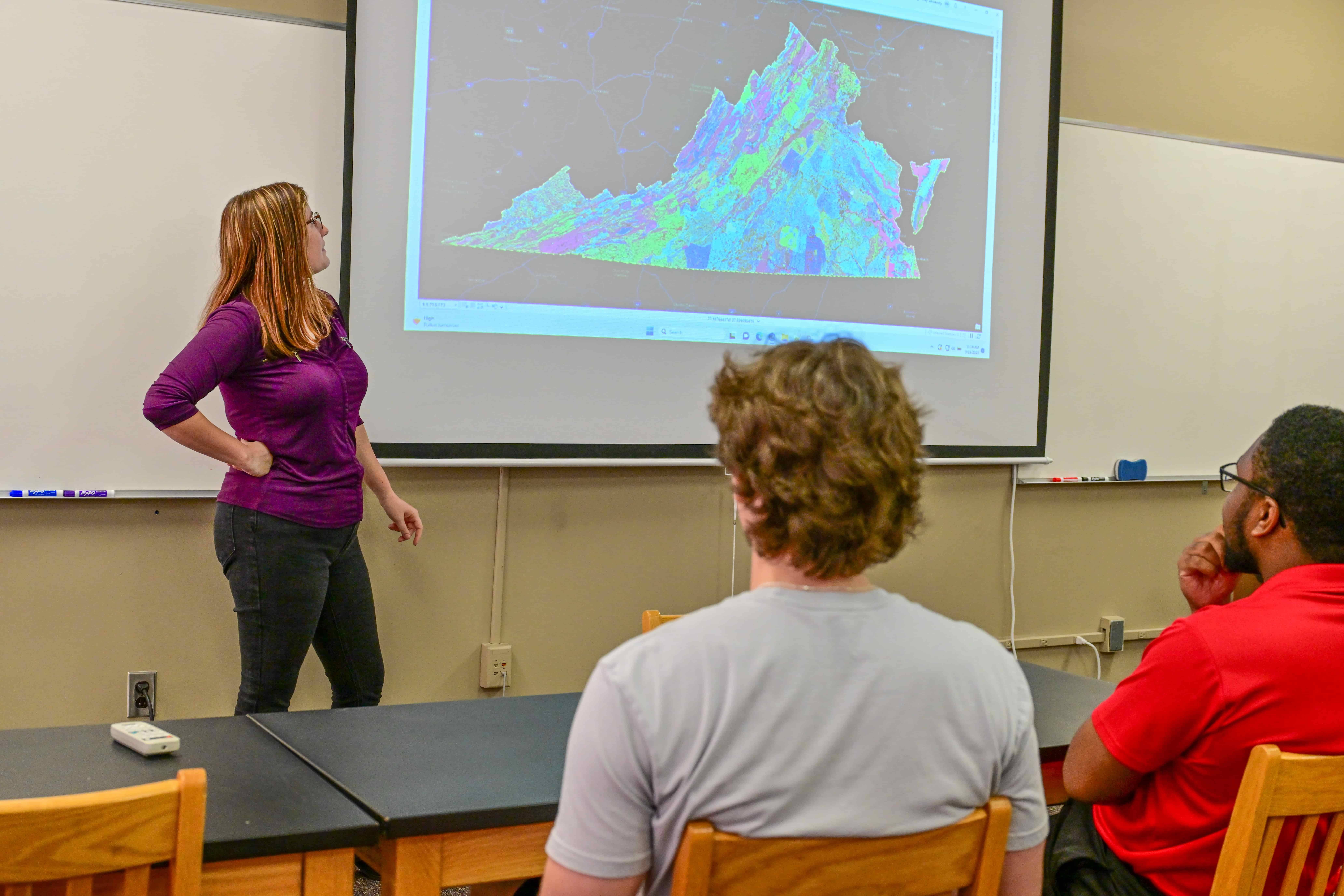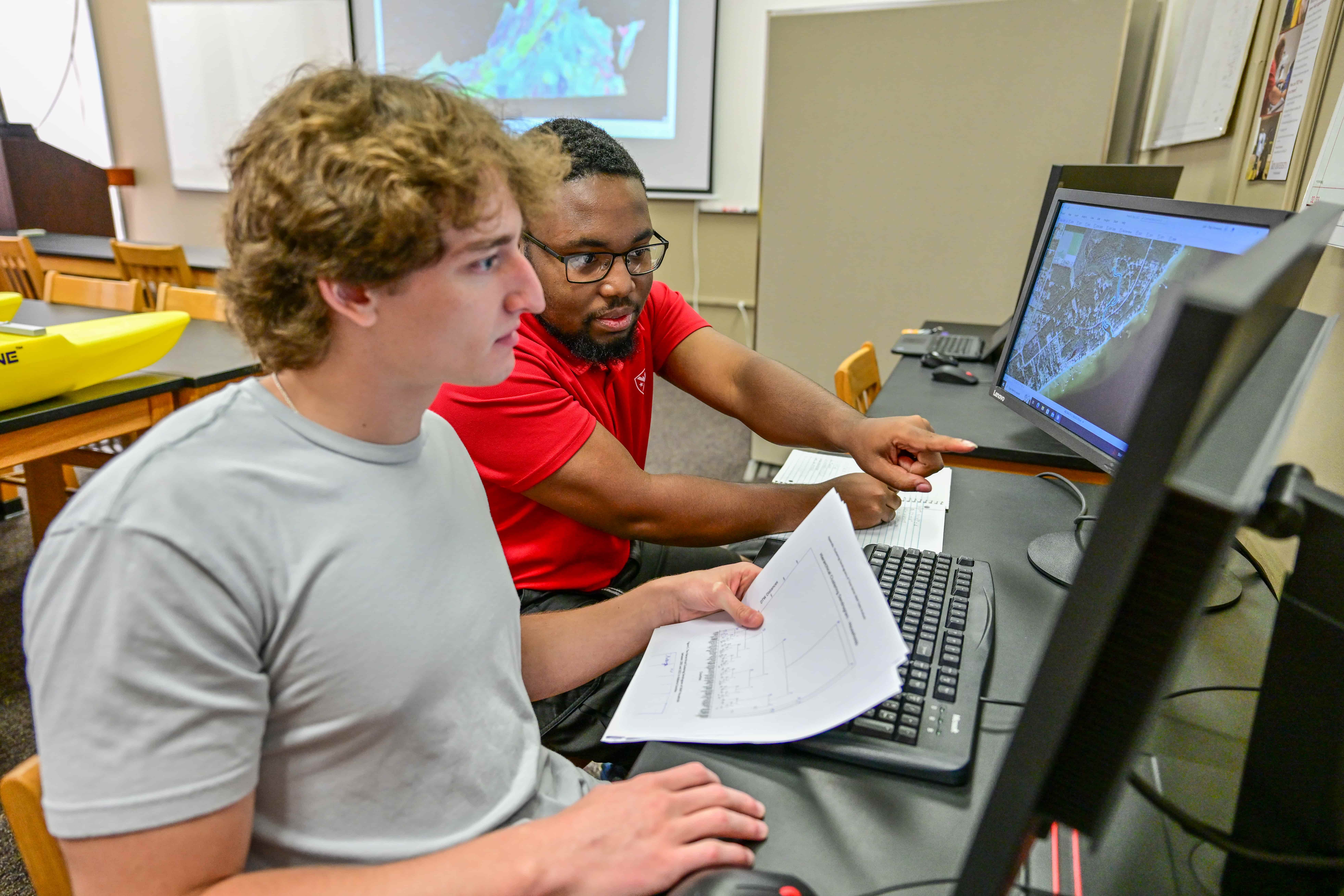Explore the World with a GIS Degree
Are you curious about the world and how places, culture and phenomena are connected? Do you enjoy visiting new places, learning about geography and using the latest technologies to understand more about the world? If so, consider a geographic information sciences (GIS) career. In Troy University's GIS degree program, you'll learn how to use geospatial technologies to collect and conduct data analysis. Our program teaches you to map, chart and understand data that addresses some of our most pressing issues, from environmental concerns to epidemics. Whether you want to explore oceans, help protect the environment or plan urban projects, a GIS degree from TROY will equip you to do so.







